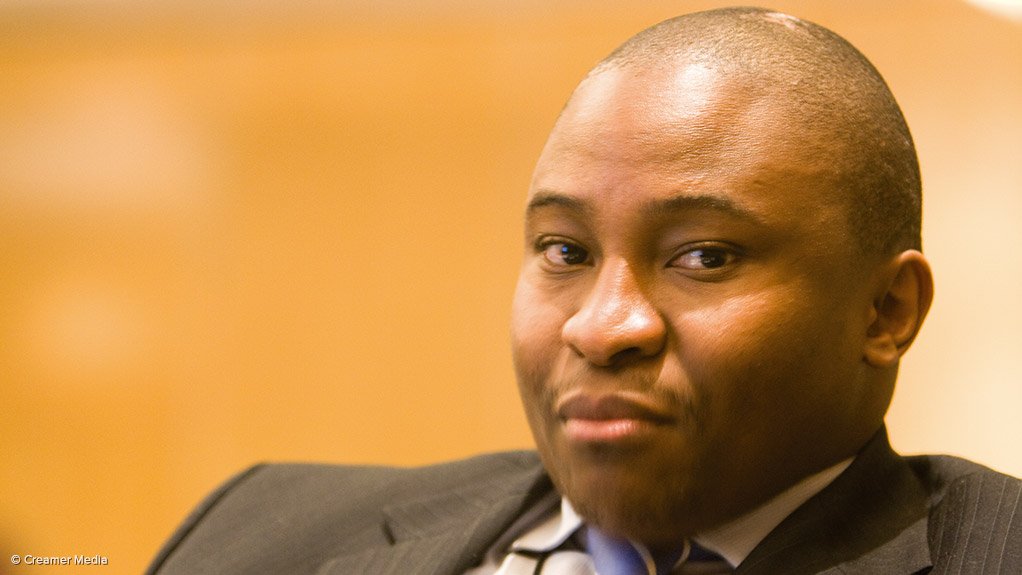The key to achieving sustained gross domestic product (GDP) growth of around 6%, as stated in the National Development Plan (NDP), was enhanced competitiveness, said First National Bank chief economist Sizwe Nxedlana on Wednesday.
Speaking at the CAR Conference, held at the Johannesburg International Motor Show, he said this meant that the country had to invest in infrastructure, with electricity supply and the logistics network acting as constraints to the South African economy.
South Africa also required labour legislation that was conducive to productivity.
Nxedlana said there also often existed a disconnect between the government regulations that existed on paper, and the actual service businesses received from government.
Regulations, such as mining legislation, also changed continuously, creating uncertainty in the marketplace, he added.
“There existed political constraints to optimal economic policy,” noted Nxedlana, such as the “massive disagreement” between political stakeholders in South Africa on the path the country should follow.
This was not an economic problem, he said. South Africa had “holy cows we need to overcome politically” to reach a compromise and implement the NDP.
Nxedlana described the South Africa economy as “mired in mediocrity”.
However, even if this meant the country was underperforming according to its potential, “things could be worse”.
“It is not doom and gloom, [but] this average is frustrating because it is self-imposed.”
Nxedlana said FNB expected the below-potential growth in South Africa to continue to the end of next year, with 2015 not delivering more than 3% GDP growth.
This would be driven by a slowdown in domestic demand, and less than meaningful recovery in the country’s exports, which had not yet recovered following the Marikana incident last year.
The private sector was also likely to pull back as confidence was low, partially owing to what it viewed as an uncertain political environment.
“The private sector is watching too much television,” Nxedlana quipped.
Nxedlana expected inflation to average 5.8% in 2013, and 5.5% in 2014.
Interest rates were unlikely to increase until the first half of 2014.
EMAIL THIS ARTICLE SAVE THIS ARTICLE
To subscribe email subscriptions@creamermedia.co.za or click here
To advertise email advertising@creamermedia.co.za or click here











